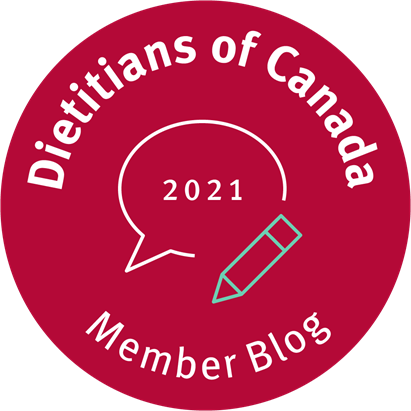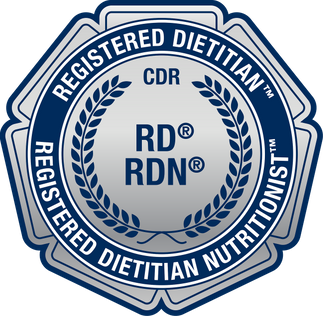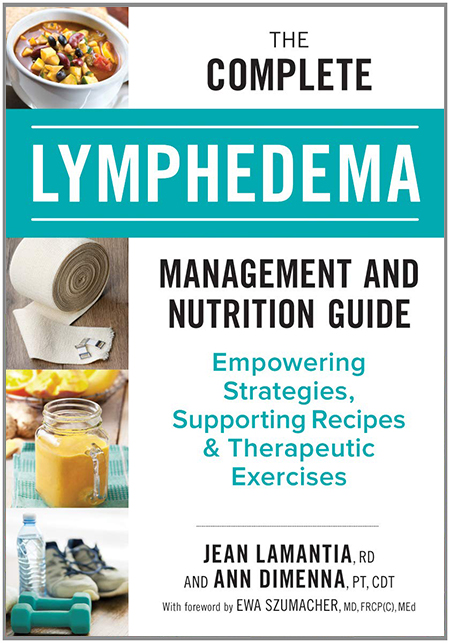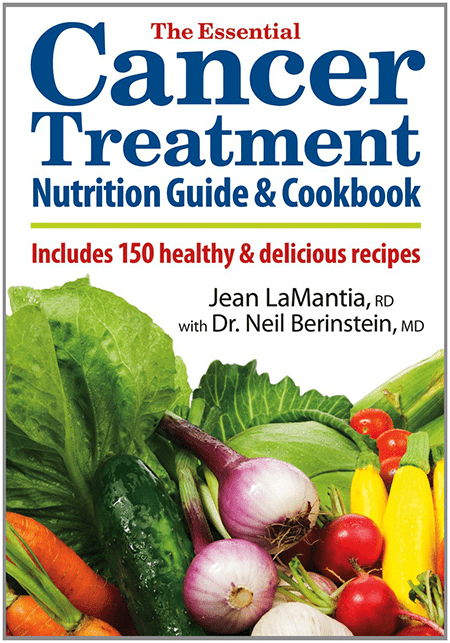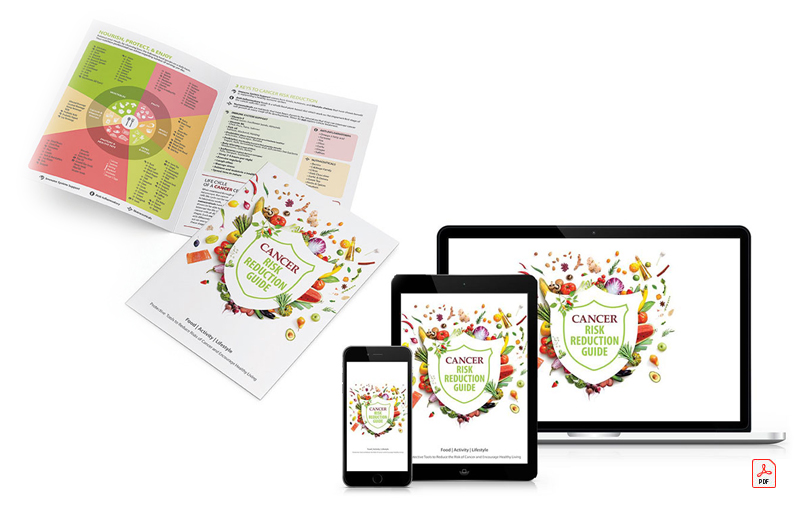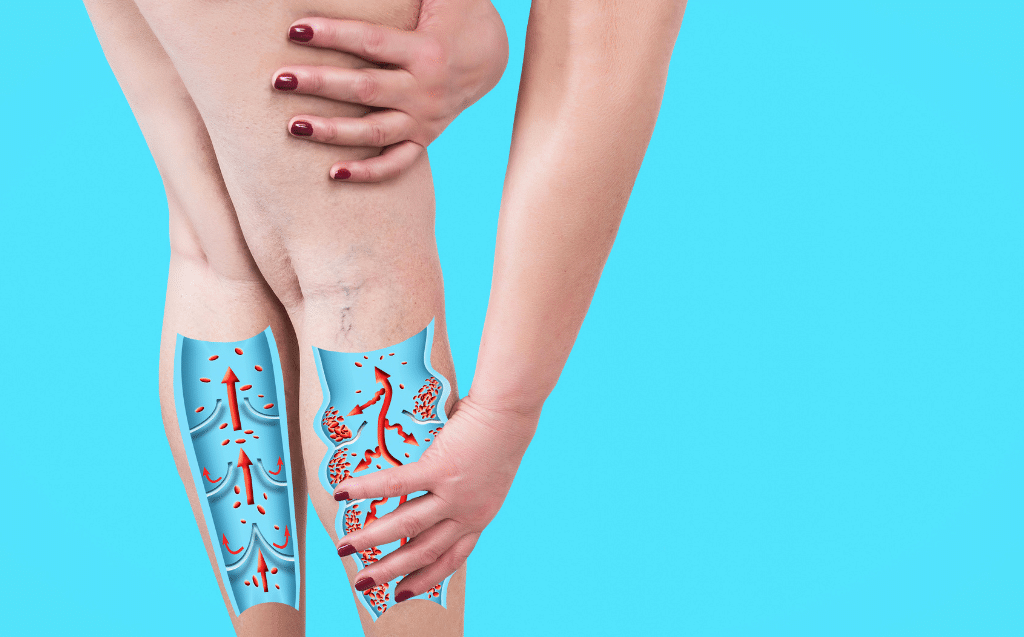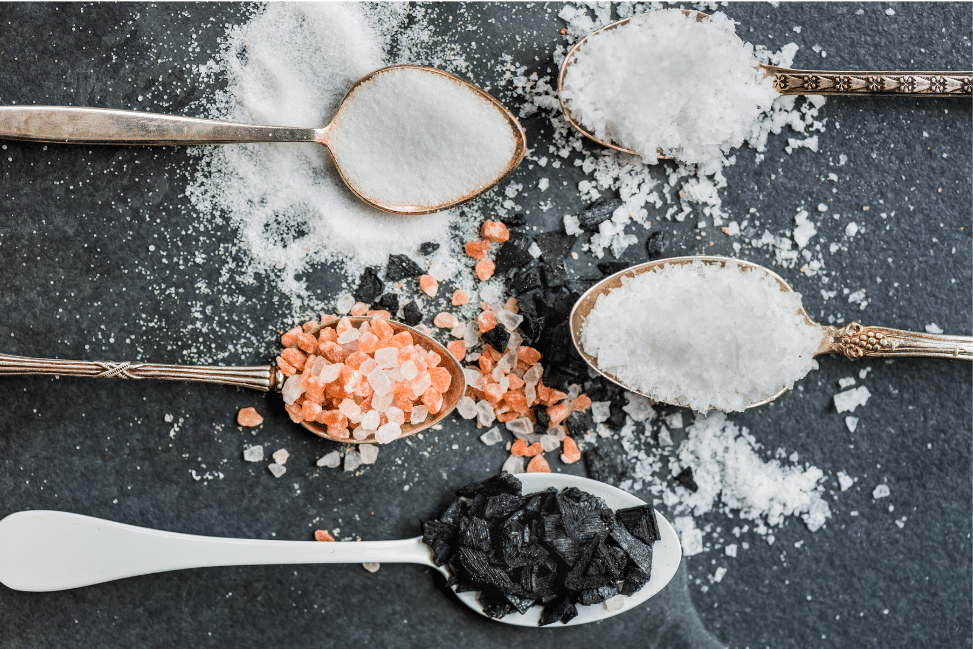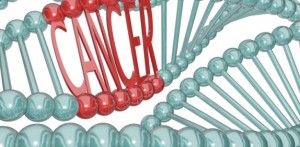
This session was called: Nutrition and Cancer: From Genotype to Phenotype
This talk was presented by: Steven Clinton, MD, PhD, Professor, Division of Medical Oncology, College of Medicine and Comprehensive Cancer Center, The Ohio State University
Dr. Clinton recommended the important work of Douglas Hanahan and Robert Weinberg called Hallmarks of Cancer: The Next Generation.
Briefly, this article reports on the 6 biological capabilities or “Hallmarks” that make cancer cells unique. The 6 capabilities are:
- Ongoing signals to proliferate
- Evading growth suppressors
- Resisting cell death
- Ability to replace themselves to immortality
- Creating their own blood supply
- Invasion and spread
In the last decades the theory has developed to add 2 new hallmarks to the list. These being:
- Cancer cells ability to reprogram how energy is used by the cell
- Evasive tactics that allow the cancer cells to escape destruction by the immune system
Two factors that allow the cancer cell their capabilities are:
- Genetic defects
- Inflammation
One particularly alarming aspect of cancer cells is that they corrupt normal cells from passive bystanders to aiding the enemy in many of the hallmark functions. Therefore the ‘microenvironment’ is important.
There are 2 main types of genetic mutation
- Acquired
- Hereditary
The more common type is acquired.
Nutrition, Genetics and Cancer, Dangerous Bedfellows…
A person can inherit a certain genetic code but their nutrition can create a microenvironment of inflammation which encourages the cancer cells to participate in the 8 hallmarks and therefore grow into a tumor.
A person’s genetic defect can also be acquired by certain nutrition triggers. This can even manifest in your body or in your children or grandchildren. This can also work in reverse; exposures that your grandparents and great-grandparents experienced can imprint on your genes. If you are wondering why you got cancer when you have a healthy lifestyle, well that die may have been cast generations before. For example if your grandmother was starved for a time when she was in-utero, that can impact you. If your grandfather was starved as a pre-pubescent boy, then likewise this has negative health implications for you.
On the positive side, changing someone’s nutrition is being investigated as a tool to fight cancer. For example, research is underway to investigate the impact of omega-3 fat on a type of breast cancer called HER2/Neu in animal models.
Suffice it to say, that nutrition, cancer and genetics are intertwined. It has it’s own field of study called Nutritional Genomics, which is a science studying the relationship between the human genome, nutrition and health.
During this session, I was introduced to the The Cancer Genome Atlas (TCGA)
From their website I have learned that there are 200 forms of cancer and many subtypes. Their goal is to identify the changes in each cancer’s complete set of DNA (it’s genome) and understand how these changes drive disease. With a follow-up goal to improve the ability to diagnose, treat and prevent cancer.
Bottom Line:
Nutrition, genetics and cancer are important to study together. Identifying genes known to be responsible for cancer is important and the role that nutrition plays in how that gene is expressed (the phenotype) is exciting. I look forward to more research exploring how nutrition can turn on or off a particular gene and teaching you about the role that nutrition can play in avoiding and surviving cancer.
A couple of relevant definitions from Wikipedia and the presentation:
Genotype: the inherited instructions carried within the genetic code
Phenotype: the result of the expression of the genes as well as the influence of environmental factors
Epigenetics: the study of how a gene can be turned off or on
To read other reports from FNCE check out my blogs on:

